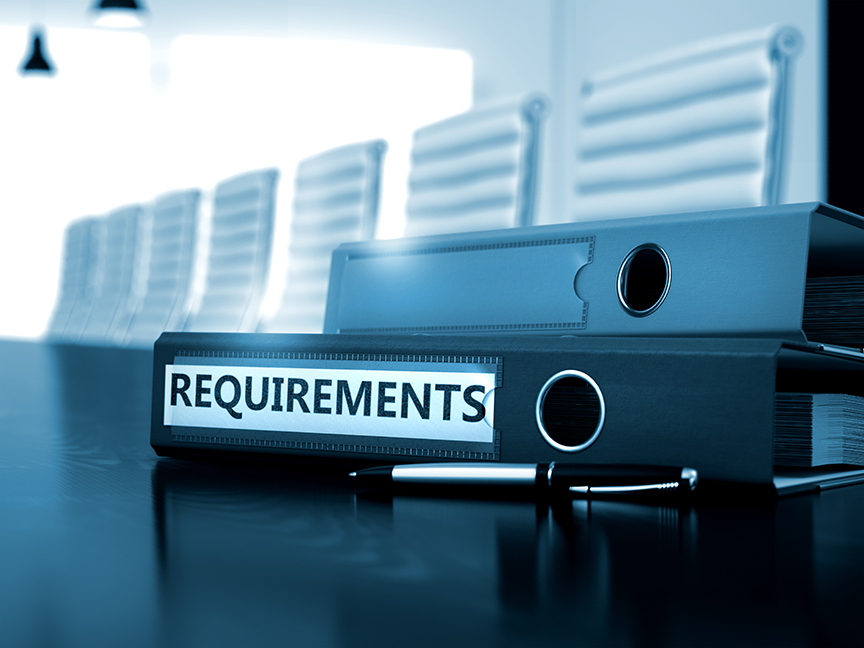
Title I Paraprofessional Requirements
As you get ready to hire and plan for next year, CSS has important information to share regarding the qualifications of paraprofessionals on a Title I schoolwide campus. Whether you currently have Title I paraprofessionals or you are looking to add new ones, ALL instructional paraprofessionals on a schoolwide campus must meet highly-qualified requirements prior to the start of the 2025-26 school year. If this sounds like a change or new information, it is! If you are Title I and have paraprofessionals, a review is urgently needed!
What is an instructional paraprofessional?
The employer is responsible to ensure that teachers and paraprofessionals who work with students on academic skills have the content expertise to properly educate students. The bottom line is that you do not want paraprofessionals working with students on academic skills that they do not have mastery of themselves. Please see the link to the one-pager below for a bulleted list of job duties that are considered instructional. Paraprofessionals whose only duties are translation or parent involvement are not classified as instructional.
Any paraprofessional who works in an instructional capacity (in any program and regardless of fund source) on a campus with a Title I schoolwide program must meet one of the highly–qualified requirements in the next section. For schools that operate a targeted-assisted program, the paraprofessional must meet highly-qualified only if paid whole/in part by Title I funds.
What credentials are required to meet highly-qualified?
Prior to providing services, Title I, Part A paraprofessionals must have a high school diploma or its recognized equivalent AND meet one of the following requirements:
- Complete at least two years of study at an institution of higher education (defined as completion of 48 semester hours or equivalent trimester hours) of college coursework or an applicable number of semester hours as defined by the institution of higher education attended, whichever is less; or
- Possess an associate (or higher) degree; or
- Meet a rigorous standard of quality and can demonstrate, through a local academic assessment— Knowledge of and the ability to assist in instructing reading, writing, and mathematics; or Knowledge of and the ability to assist in instructing reading readiness, writing readiness, and mathematics readiness, as appropriate. (Region 10 offers assessments, or contact your local ESC).
The CSS Federal team assists our partner schools in finding resources/exams for Title I schoolwide paraprofessionals to become highly-qualified through the assessment option.
- Additionally, within one year of being hired, Title I, Part A paraprofessionals must have the Educational Aide state certification. Note: Charter school personnel are exempt from the state certification requirement unless it is required by their local policies and procedures.
What documentation is needed?
TEA provides a form to document the highly-qualified status of each instructional paraprofessional on a Title I schoolwide campus. Instructional paraprofessionals who have already been paid by Title I and have already been on a schoolwide campus should already have the credentials. Previously, they were only required to be HQ if paid with Title I money. Starting in 2025-26, the highly-qualified requirement stands for ANY instructional paraprofessional on a Title I schoolwide campus.
- Title I Requirements for Paraprofessionals One-pager
- Title I Requirements for Paraprofessionals Documentation Form (Form should be completed prior to the 2025-26 school year and retained in the employee’s HR record.)
A word of caution!
Charter districts should keep these requirements in mind when transferring personnel or changing the fund source of a position as well. It is worth noting that Title I is the only federal grant fund to which this requirement applies, but it is the campus’ Title I status for 2025-26 that sets the rules.
It may be necessary to try to get your paras tested prior to the end of school to avoid having to pay them in the summer. Title I funds can be used to pay for testing or extra duty time for paras to get HQ, but a grant amendment might be needed! The amendment deadline for the ESSA grant is June 3, 2025.
Need help?
Please contact Charter School Success:
- Dr. Sheila K. Sherman ssherman@charterschoolsuccess.com
Have questions?
